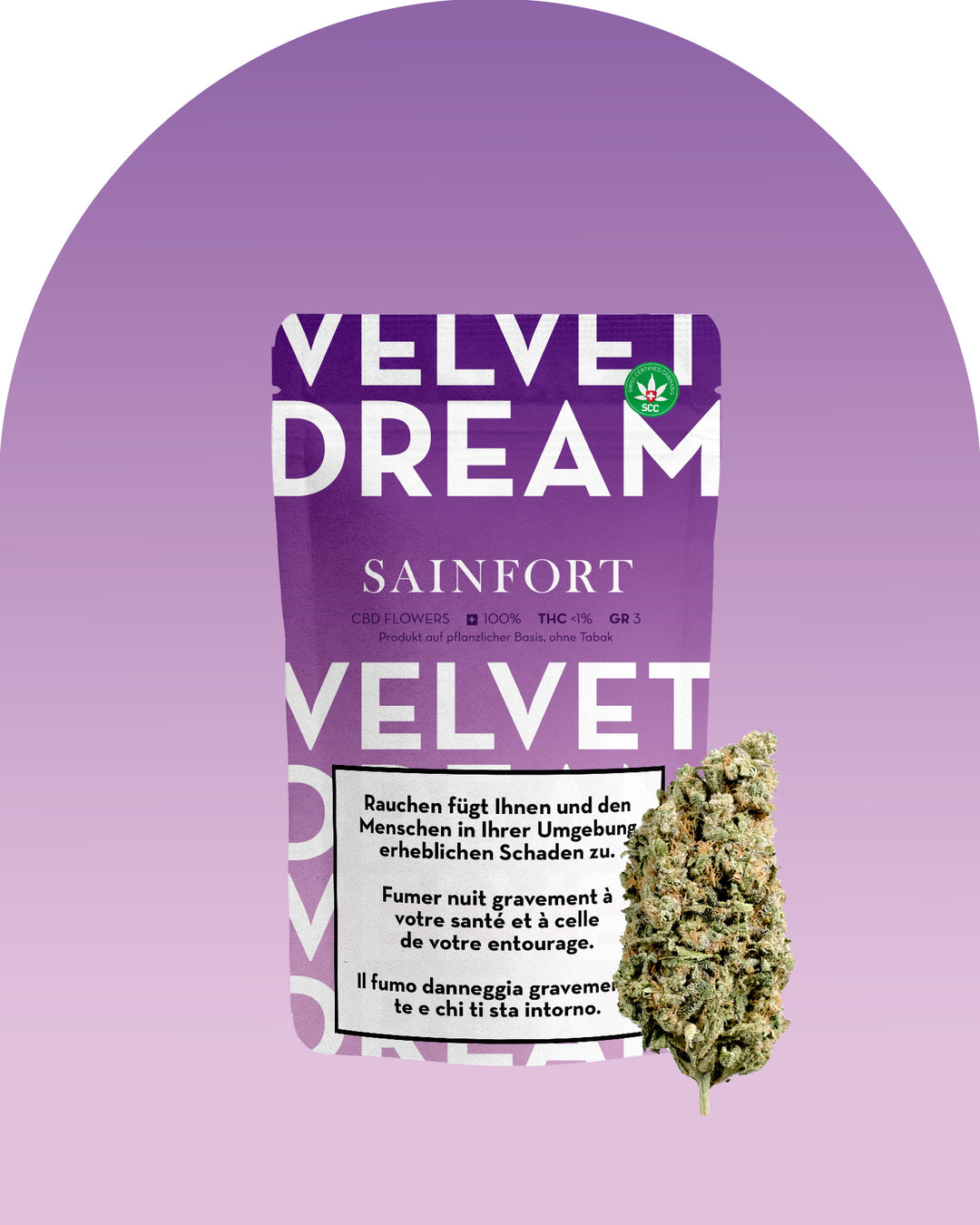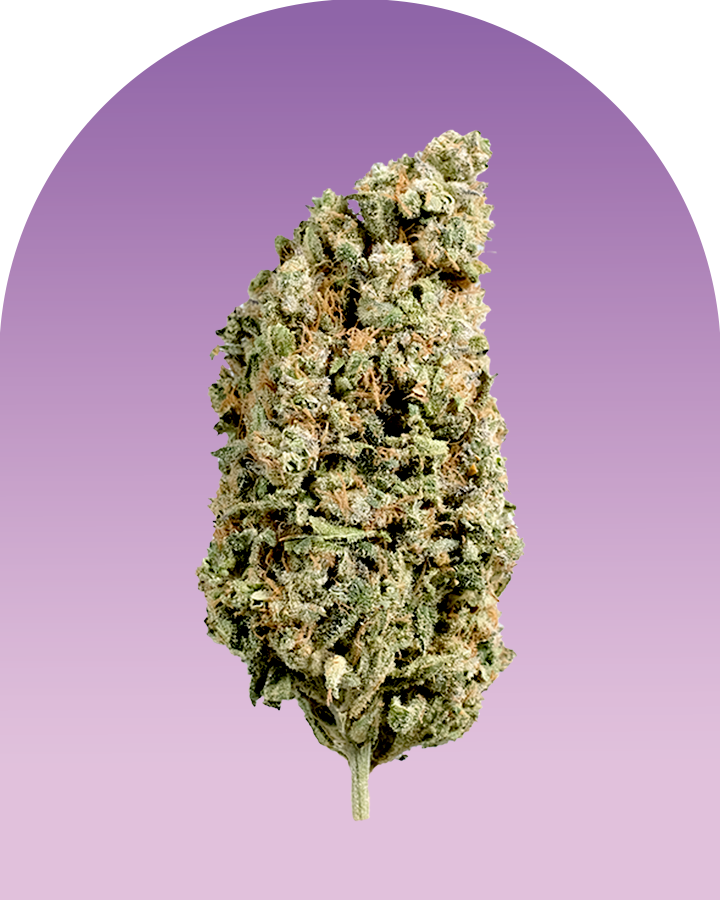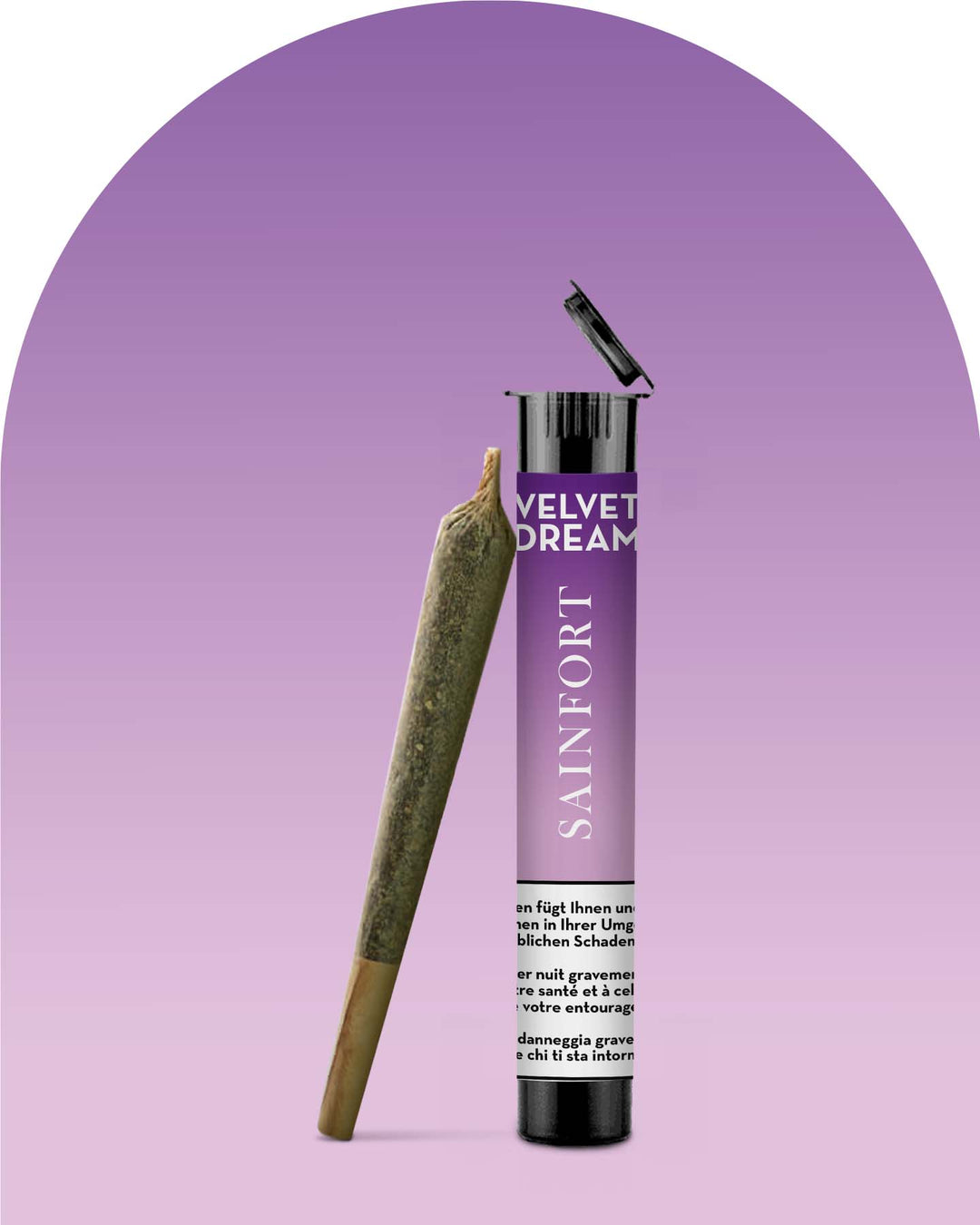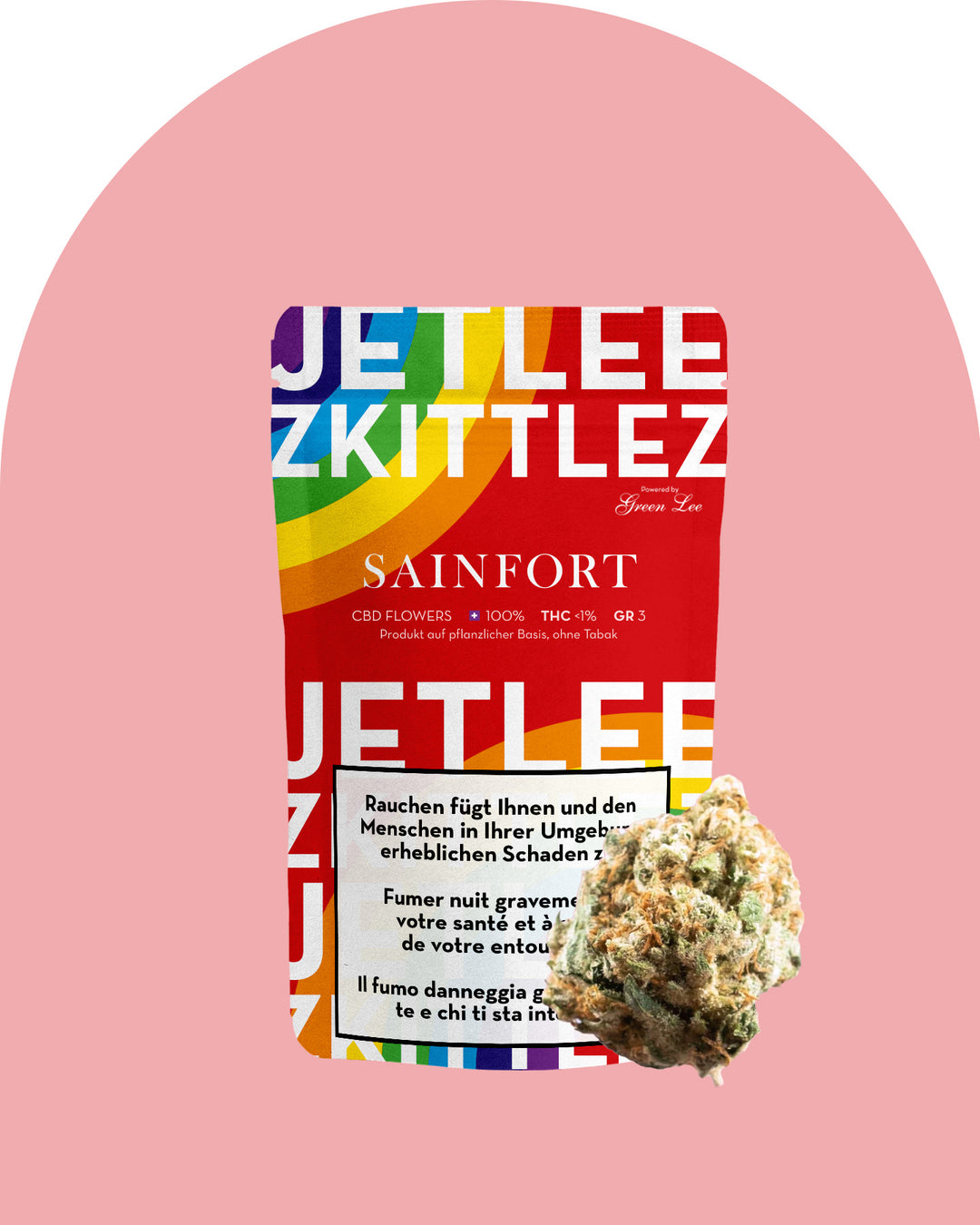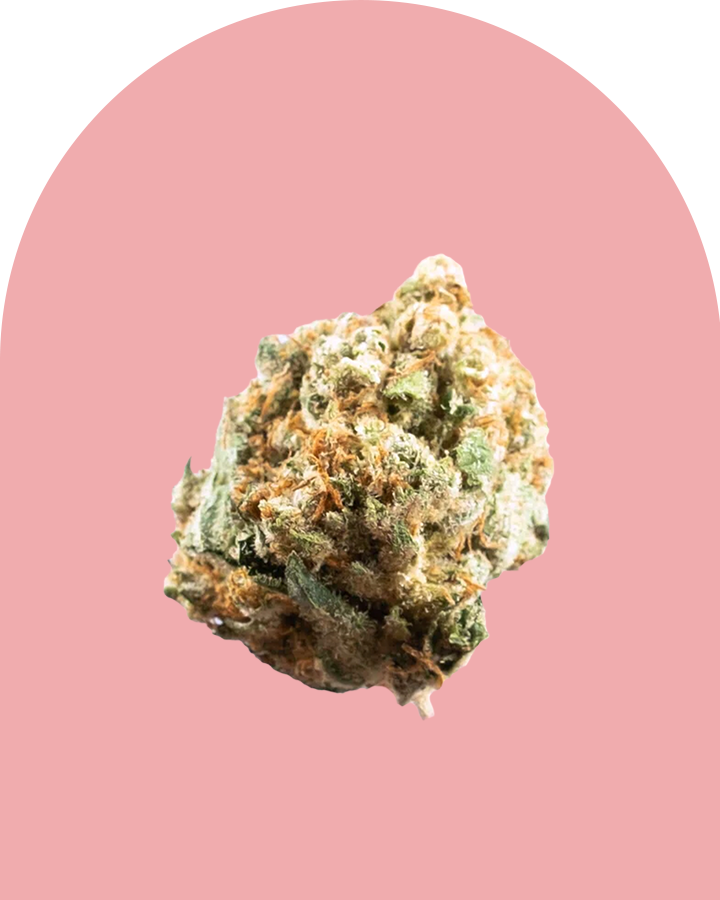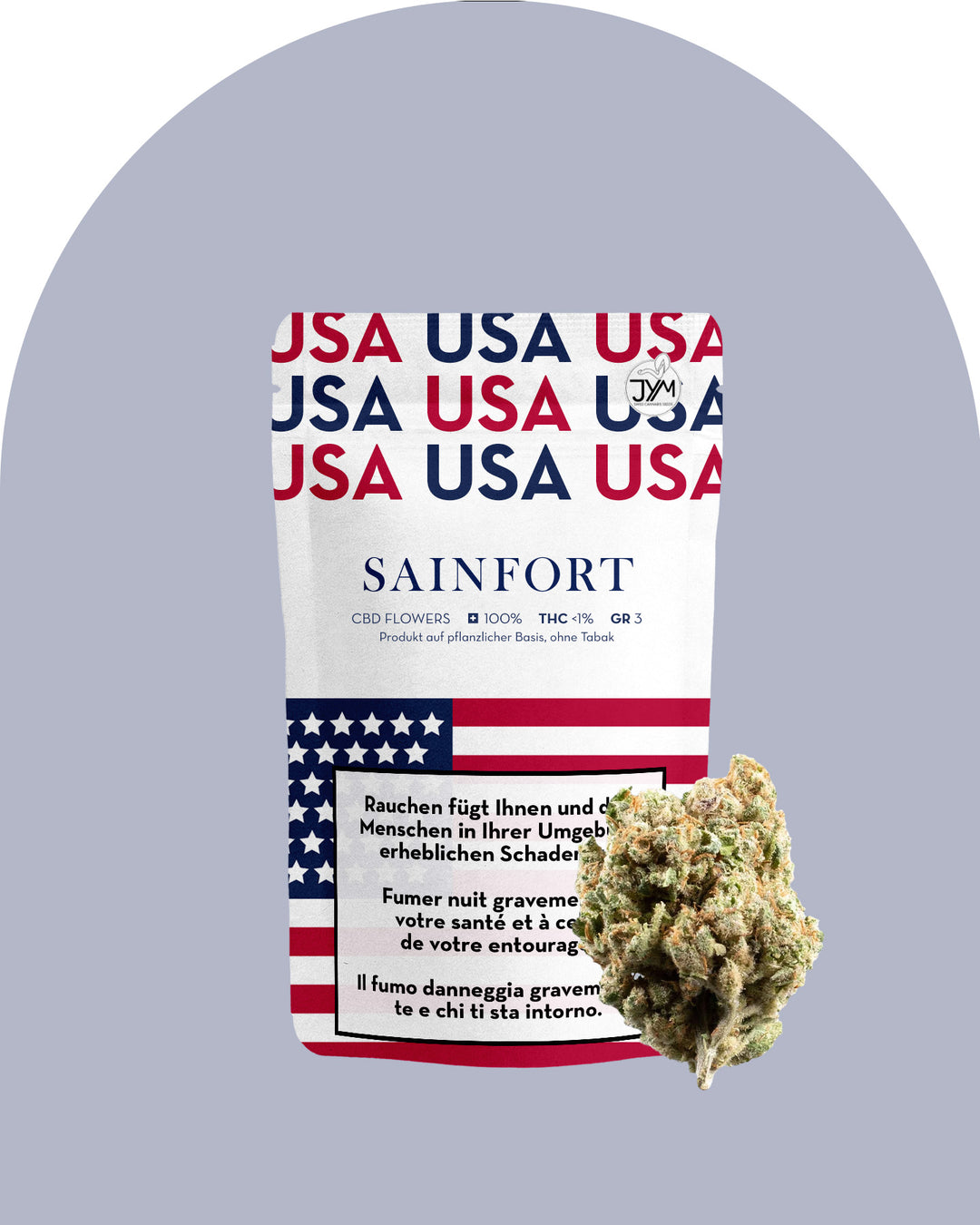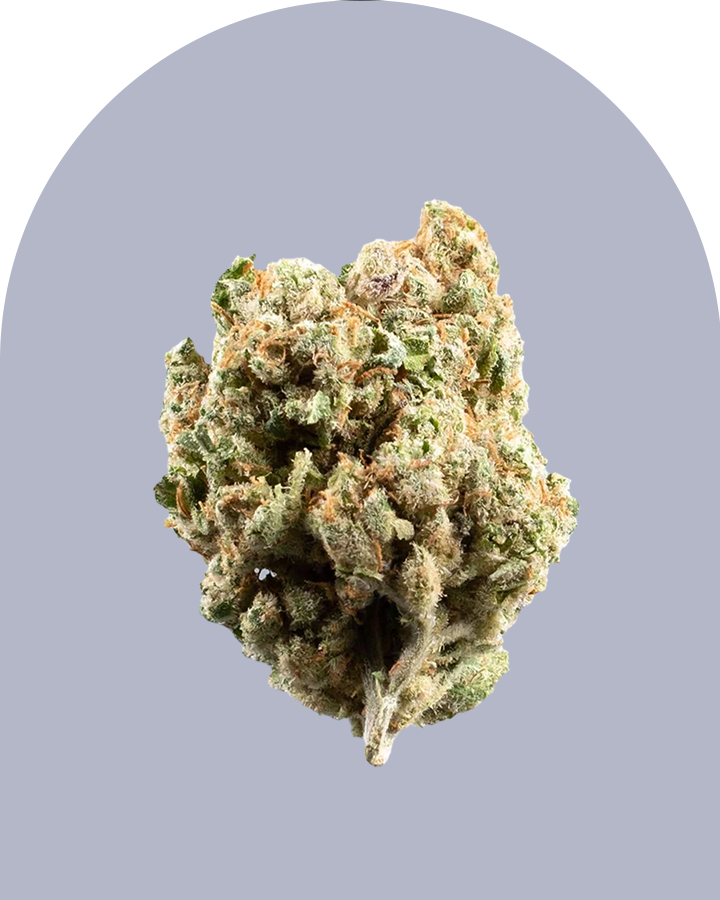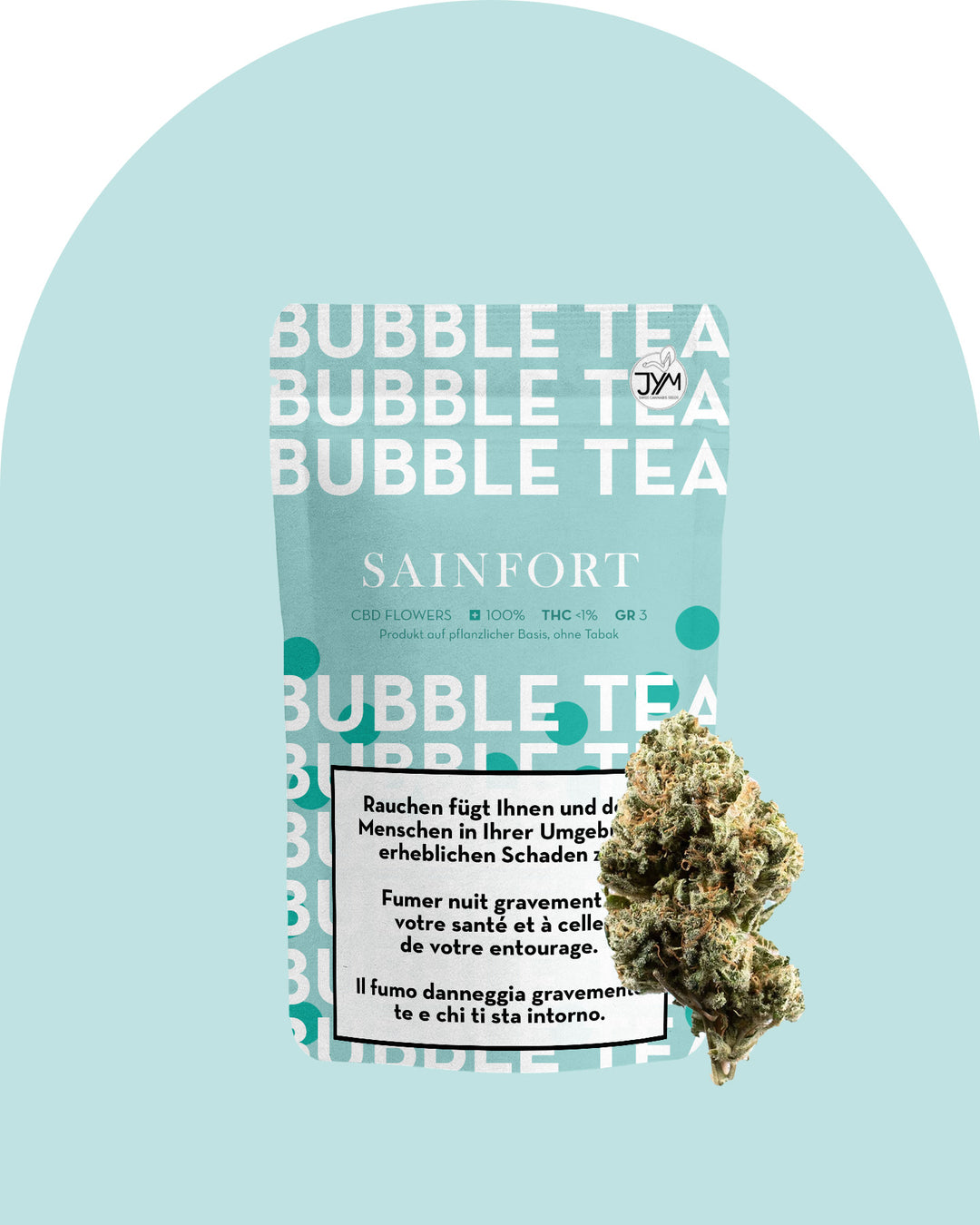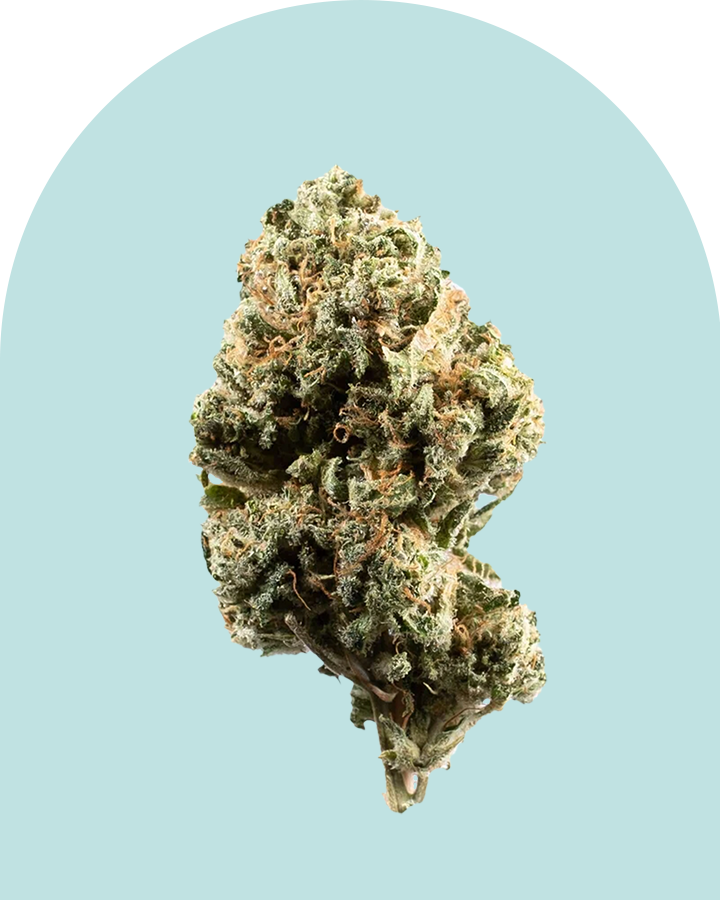Cannabis in focus - the position paper of the IG Hemp

A discussion on the regulation of recreational cannabis in Switzerland has been going on for a number of years. The current policy is viewed by many as a failure, as cannabis use is not decreasing despite the ban and the black market is thriving. In 2021, amendments to the Narcotics Act (BetmG) relating to pilot testing of cannabis and cannabis medicinal products were introduced, opening up new ways of dealing with the cannabis issue. The political debate continues, however, and as part of the Siegenthaler parliamentary initiative, a legislative proposal is currently being drafted that is intended to regulate the use of cannabis for recreational use.
Considerations for a new regulation of cannabis are now being published in a position paper by IG Hemp Switzerland , which we have summarized for you below.

Why a new cannabis regulation for Switzerland?
The re-regulation of cannabis in Switzerland is supported by addiction experts, medical professionals, politicians and a large part of the population, as current policies have failed and cannabis use has not decreased despite the ban. The BetmG changes of 2021 and 2022 open up new possibilities for dealing with cannabis, and as part of the Siegenthaler parliamentary initiative, a legislative proposal for the regulation of recreational use is currently being drawn up.
The regulation is intended to comprehensively re-regulate cultivation, production, trade and consumption and to improve the protection of minors and prevention. In addition, the ecological and economic potential of the cannabis plant is to be developed. A study estimates the gross value added of the current cannabis system in Switzerland at around CHF 1 billion.
Possible legalization models
No European country has taken the step to regulate the entire recreational cannabis chain. Successful regulation requires scientific evaluations, state control of production and professional support during delivery. In its report, the Federal Commission for Addiction Issues (EKSN) outlined the basic requirements for successful cannabis regulation. There are various regulatory scenarios, including prohibition and gray market, the (quasi-) monopoly of the state, the "hybrid model" and the open commercial market. IG Hemp is committed to a regulatory model that gives all producers and traders access to a license for controlled cultivation, trade and sale and promotes fair competition among market participants.
Prohibition and gray market
In this scenario, there is little regulation and quality control in the cultivation, wholesale and retail of cannabis. There is little or no taxation, which leads to a high proportion of the black market. The health risks for consumers are uncontrolled and the state has little influence on the market. The scenario of prohibition and the gray market is considered a failure, as cannabis consumption does not decrease despite the ban and illegality leads to the emergence of a thriving black market.
The (quasi) monopoly of the state
Another regulatory scenario is the (quasi-) monopoly of the state, which is practiced in Uruguay, for example. State regulation and taxation of the cultivation, trade and sale of cannabis is very pronounced here. However, the state has little influence on the black market and the associated effort is high. Such regulation harbors both opportunities and risks and must be well thought out in order not to be counterproductive.
The "Hybrid Model"
The "hybrid model", as practiced in Canada for example, provides for heavy regulation and taxation of the production and sale of cannabis. There are licenses and permits for production and sale, advertising regulations and high taxes (VAT and special taxes). Accompanying measures are intended to create a controlled market and reduce the black market. In practice, this model has shown its advantages and disadvantages, although the long-term effects have yet to be evaluated.
The open commercial market
Another regulatory scenario is the open commercial market practiced in some states of the United States. Here the regulation of the production and sale of cannabis is weak and there is little taxation. The state has little influence on the black market and high health costs arise from uncontrolled consumption. However, an open market also harbors opportunities when accompanied by appropriate regulation and control.
The key elements of a legalization
The industry demands legal certainty in connection with CBD hemp products and emphasizes that regulation of the cannabis market is only possible by lifting the ban for non-medical purposes and creating a separate cannabis law. IG Hemp supports the views of the Federal Commission on Addiction and Prevention of Noncommunicable Diseases (EKSN), but advocates a market-based approach to regulation.
The key elements for rational cannabis regulation include taxing products according to their risk profile, protecting minors, restricting advertising opportunities, promoting low-risk forms of consumption, and controlling the market through a non-medical national cannabis agency.
Overall, the new Cannabis Position Paper Switzerland shows that a new regulation of cannabis for recreational use in Switzerland is urgently needed. The current policy is viewed by many as a failure, as cannabis use is not decreasing despite the ban and the black market is thriving. The BetmG changes of 2021 and 2022 open up new possibilities in dealing with cannabis, but comprehensive regulation that newly regulates cultivation, production, trade and consumption is urgently needed.




